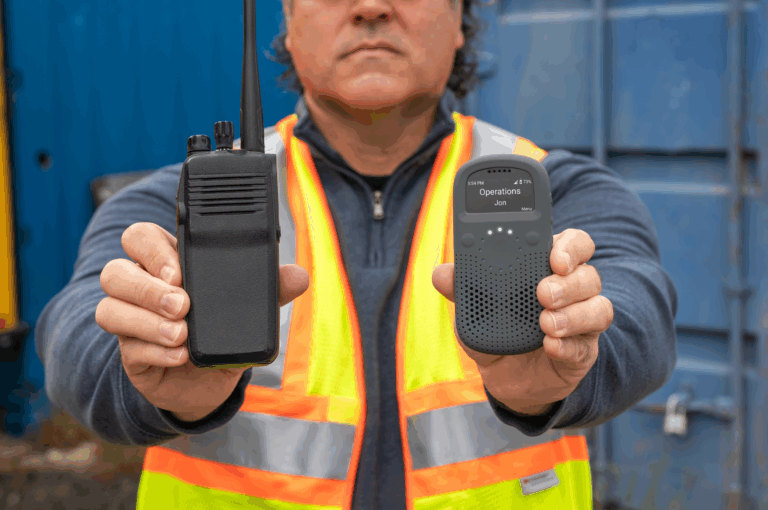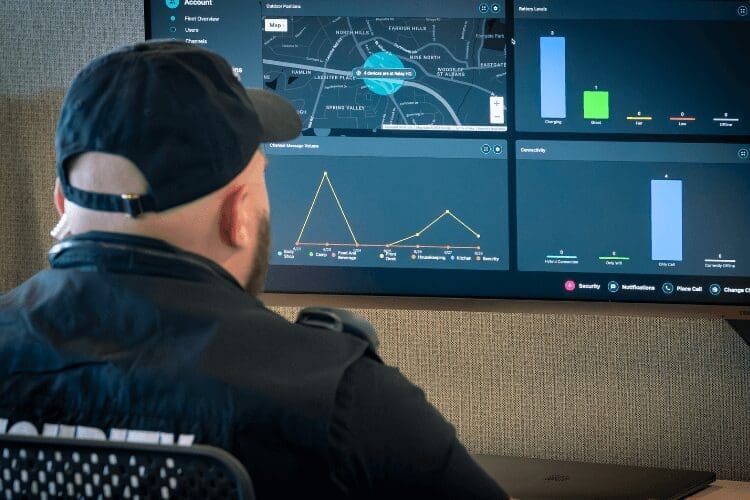Many tribal casinos find themselves at the crossroads of tradition and technology as they continue to carve out a unique space in America’s gaming industry. These casinos operate under different circumstances, distinguishing themselves from traditional commercial casinos. Tribal casinos are governed by the Indian Gaming Regulatory Act (IGRA) of 1988. This law established a legal framework that allows tribal members to create and run casinos on tribal land. This legislation was passed because of the growing popularity of gaming as a means of economic development on various reservations and the disputes that arose between tribes and the states where they were located. Prior to the passing of the IGRA, tribes, such as the Seminoles in Florida in 1979, had begun gambling operations such as bingo halls to help generate revenue.
Economic Engine for Native Communities
Tribal casinos function as entertainment hubs as well as economic drivers for their native communities. This dual role presents diverse operational challenges around demographics, economics, and regulatory issues.
Geographic and Demographic Challenges
Because many tribal casinos are in remote areas, this impacts their connectivity and accessibility to various audiences and resources. Remote locations can be challenging to reach for some customers, emergency services, and supply chain logistics. They can also be challenging when establishing communications and IT networks.
Economic Impact
Tribal casinos significantly impact their respective communities, serving as a vital revenue source for their tribes. Casinos on native land regularly fund important services such as healthcare, education, and other infrastructure as well as incorporate operations such as restaurants and gas stations under the umbrella of the casino. This places an additional burden on tribal casinos to be successful, requiring robust marketing and customer service initiatives to not only survive but thrive.
Regulatory and Sovereignty Issues
Casinos operating under IGRA often face regulatory and sovereignty issues. While this legislation grants native tribes some autonomy in terms of how it governs its casinos and related businesses, it does lead to complex interactions with federal and state regulators. Topics related to gaming licenses and the adoption of new technologies and services can prove more complicated due to the necessary input from tribal leadership and the position that casinos have as more than commercial enterprises.
Unique Communications Needs
Tribal casinos have a unique position within their communities. One that corporate-owned casinos don’t need to consider. This influences their communications and IT requirements, as well as their decision-making and implementation processes.
Community-Based Decision Making
Tribal casinos’ role in their communities go beyond the nature of privately held corporations that own and operate commercial casinos. When it comes to making decisions about expanding, upgrading technology, or making operational changes, tribal members and leaders have a say in the process. Their input reflects the values and priorities of the community in addition to simply focusing on financial goals. While this may sometimes slow the decision-making process, it ensures tribal leaders have influence in relation to major decisions associated with the casino.
Challenges with Infrastructure
Due to their often-remote locations, many tribal casinos face challenges when securing reliable internet and mobile phone service. Several years ago, an NPR report highlighted that Native Americans living on tribal lands were among those ‘least connected’ to high speed internet. While this issue mainly affected residents, it also impacted casinos. The lack of high-speed internet not only impacts guest services, like online reservations and gaming, but also has a bearing on internal communications and emergency responses. Moreover, without high-speed internet access, tribal casinos struggle to provide modern gaming solutions and remain competitive with other commercial casinos.
Integrated Operations
Many tribal casinos are part of resort complexes that include hotels, restaurants, and cultural centers. This configuration requires a communication strategy that effectively integrates services and facilities across a wide area.
To align these operations effectively, tools like ERP software and data collection systems collect and analyze critical venue and guest information. This enables businesses to gain insights into employee and customer behavior, anticipating and proactively addressing client needs and safety concerns. Such integration is essential for delivering an enjoyable customer experience and maintaining efficient facilities management.
Financial Considerations and Investments
Given their responsibility to support other operations and activities across their communities, tribal casinos often face distinctive financial constraints compared to their commercial counterparts. When investing in accounting, management, and communication systems, it’s important to strike a balance between meeting community needs and maximizing efficiency.
Advancements in Communication Technologies
Tribal casinos are increasingly adopting communication technologies to enhance operations, better engage customers, and boost overall profitability. These innovations are tailored to address the challenges faced by casinos operating on native land, such as geographical isolation and the importance of community involvement.
Next Generation Gaming Systems
Modern gaming systems like IGT’s Tournament Manager and Universal Adapter are revolutionizing casino operations. They allow casinos to seamlessly switch games between play and tournament modes, deliver bonuses directly on slot machines, and utilize cloud-based solutions for game management. For instance, the IGT Cloud empowers casinos to access and oversee more than 300 games—an ideal solution for locations with limited onsite IT support.
Digital Mobile Engagement
Tribal casinos are embracing enhanced digital platforms designed to overcome challenges associated with traditional marketing methods. For example, some tribal casinos are addressing the gap in mainstream email and SMS services by offering digital communication solutions that respect tribal cultures. Additionally, mobile applications play a role in improving customer service and operational efficiency within the casino premises. These solutions can notify staff about high-stakes players in a timely manner, leading to improved customer interactions and service quality.
Emergency and Security Communication
Ensuring the safety and security of casinos in remote locations relies heavily on integrating emergency and security communication systems.
Strategies for Emergency Communication
The cooperation between the Cybersecurity and Infrastructure Security Agency (CISA) and tribal casinos relies heavily on creating customized emergency communication plans. This involves assessing current practices and identifying areas for enhancement. In addition, this may include offering solutions like the Interoperable Communications Technical Assistance Program (ICTAP) to boost communication capabilities that are interconnected with operations.
Essential Services During Emergencies
Government Emergency Telecommunications Service (GETS) and Wireless Priority Service (WPS) ensure reliable communications during emergencies. These priority services maintain connectivity for calls between casinos and emergency responders to ensure prompt responses, even during times of network congestion.
Advancements in Public Safety Solutions
Equipping casinos with mobile location services and connectivity capabilities enables a broadband network tailored for emergency situations. This blend of hardware, software and mobile location features facilitates data transmission during critical situations, ensuring uninterrupted connectivity across complex casino facilities.
Tribal casinos are merging their heritage with advanced communication technologies to preserve their identity and enhance operational flexibility. This integration allows them to improve guest services while staying competitive in the gaming industry. By embracing these ideas, tribal casinos are setting a precedent for blending heritage with technological advancement, strengthening their role as cultural hubs and economic centerpieces within their communities.







